The American frontier wasn’t just a place—it was a code of living that separated survivors from statistics. Beyond the tales of gunfights and gold rushes, frontiersmen followed unwritten rules that shaped their interactions and ensured survival in harsh territories. These principles weren’t taught in any classroom, but they formed the backbone of frontier ethics that guided generations through America’s wildest days.
1. Mind Your Own Business Unless Asked In
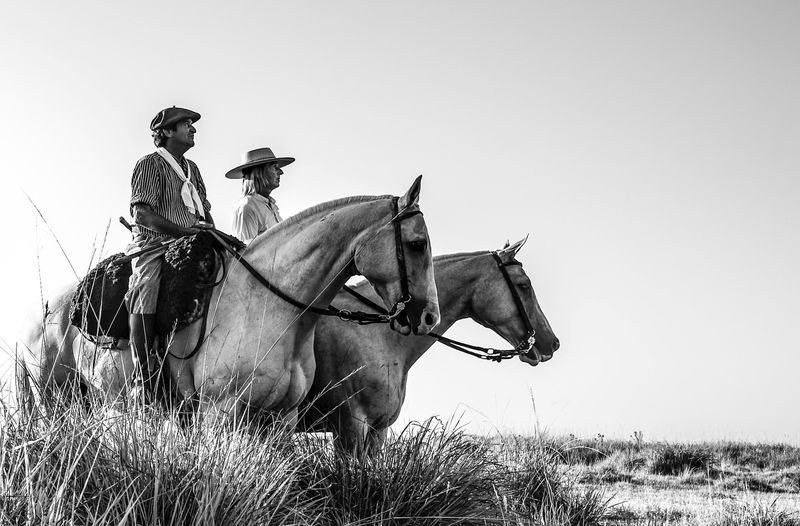
Privacy wasn’t just preferred—it was sacred. Frontiersmen developed an instinct for keeping eyes forward and ears deaf to matters not concerning them. Neighbors might live just miles apart yet know little of each other’s daily affairs.
This wasn’t mere politeness but survival wisdom. Involving yourself in another’s troubles without invitation could entangle you in vendettas, legal problems, or tribal conflicts better avoided.
Men who couldn’t resist prying often found themselves unwelcome in settlements and trading posts. The gossip who spread stories today might find no one willing to warn him of danger tomorrow.
2. You Never Eat Without Offering Some
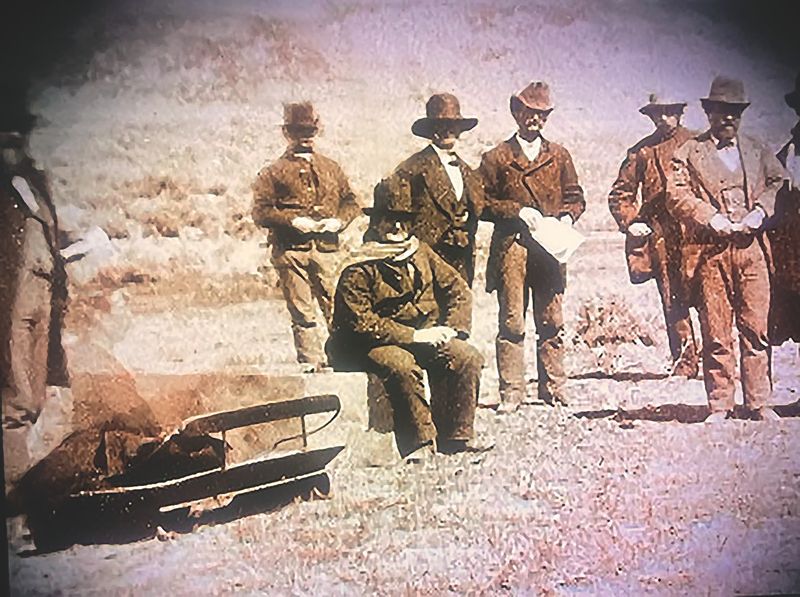
Frontier meals weren’t private affairs. Breaking bread carried sacred significance when survival hung by a thread. A man cooking rabbit stew who didn’t gesture others toward his pot might as well declare himself an enemy.
Even with barely enough to sustain himself, a frontiersman would divide portions. The gesture itself mattered more than quantity.
This practice stemmed from practical wisdom too—today’s generosity might be tomorrow’s salvation when your own luck ran dry and your traps came up empty.
3. Always Return a Favor
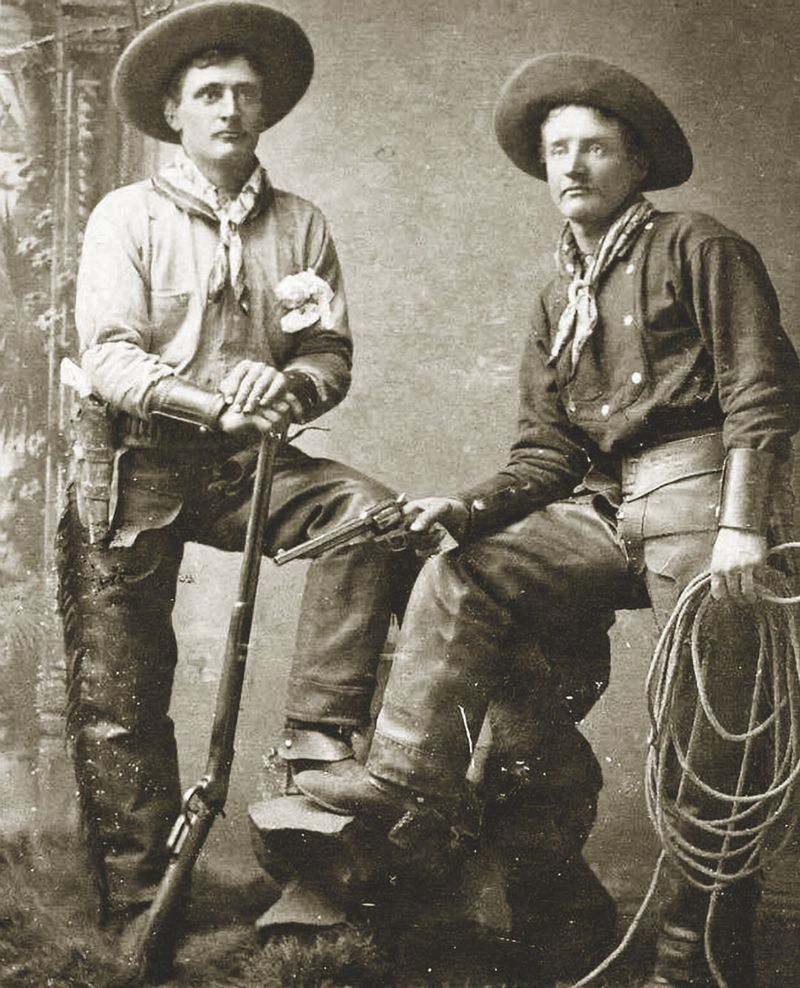
Debts weren’t measured in dollars on the frontier, but in loyalty and reciprocity. When someone pulled you from a rushing river or shared their last biscuit during a blizzard, that debt marked your soul until repaid.
Men would travel hundreds of miles years later to make good on these unspoken obligations. The wilderness remembered what you owed, even if civilization forgot.
These favor-debts created invisible bonds stronger than family ties, forming the social fabric that held frontier communities together when formal law couldn’t reach them.
4. A Man’s Word Is His Bond
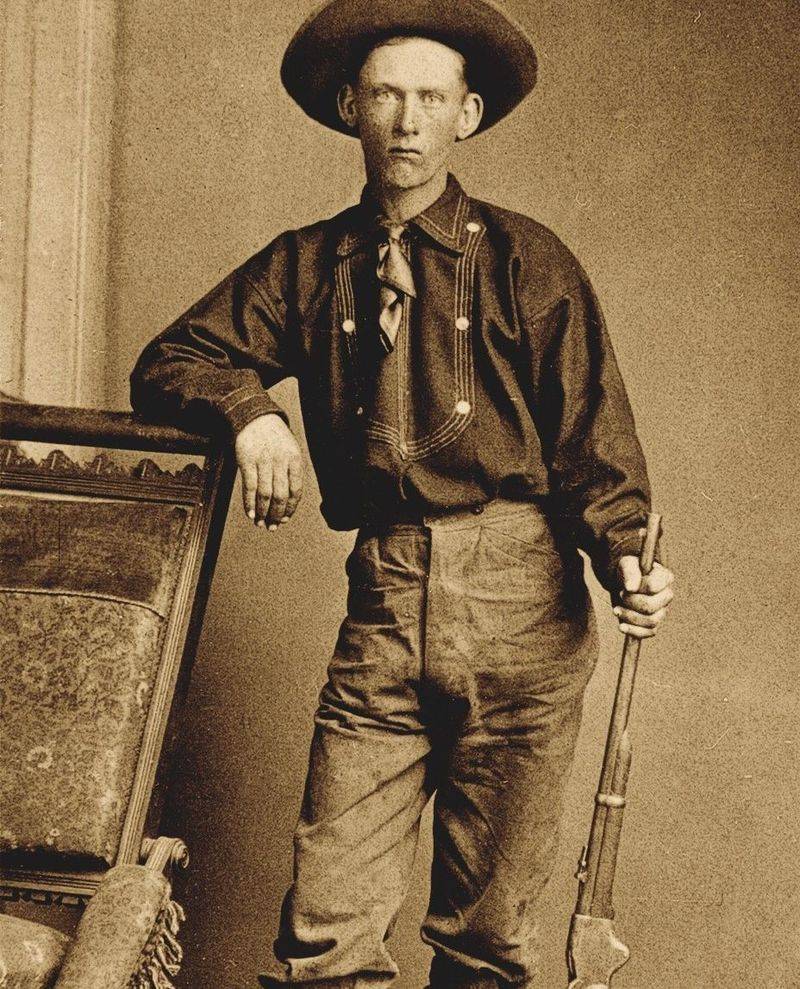
Paper contracts meant nothing where courthouses stood hundreds of miles away. Instead, agreements lived in the honor of those who made them. Breaking your word wasn’t just disappointing—it was dangerous.
Reputation traveled faster than any horse. A man known for false promises found no partners, no credit, and no mercy when hardship struck.
Handshakes sealed cattle sales worth thousands and land exchanges that would today require mountains of paperwork. Your word carried weight because without it, you carried nothing of value in frontier society.
5. Never Ask a Man’s Past
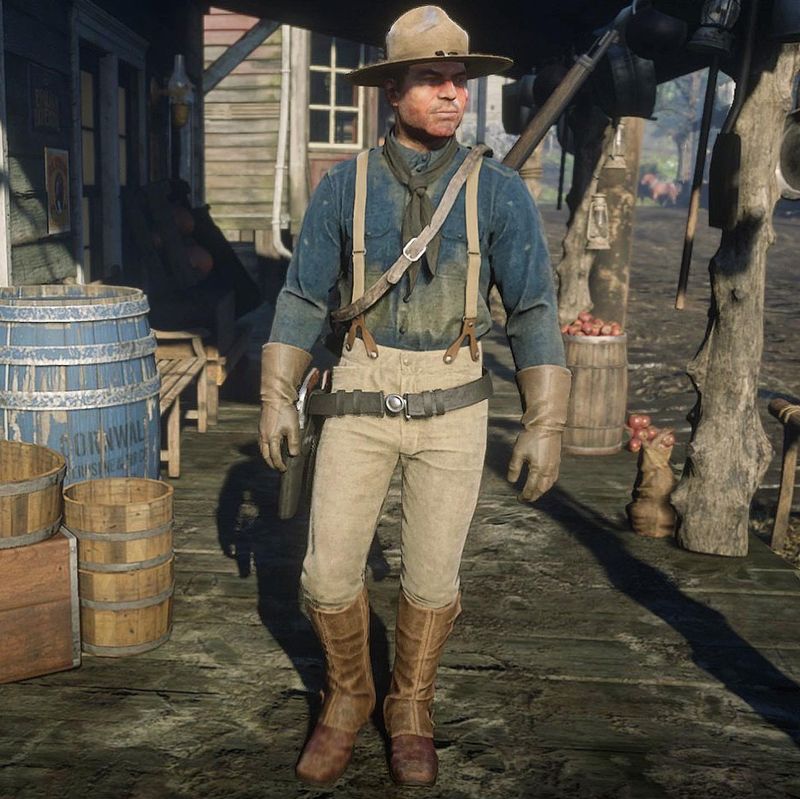
The frontier attracted those seeking fresh starts. Many carried shadows—some running from the law, others from personal demons or tragic losses. Wise frontiersmen understood that yesterday belonged to yesterday.
Questions about where a man came from or what he’d done before could provoke violence or, at minimum, deep distrust. The unspoken agreement was simple: judge by today’s actions, not yesterday’s ghosts.
This silence created strange partnerships—former enemies working side-by-side, aristocrats and outlaws sharing meals without questions that might disrupt the delicate peace of new identities.
6. Don’t Take More Than Your Share
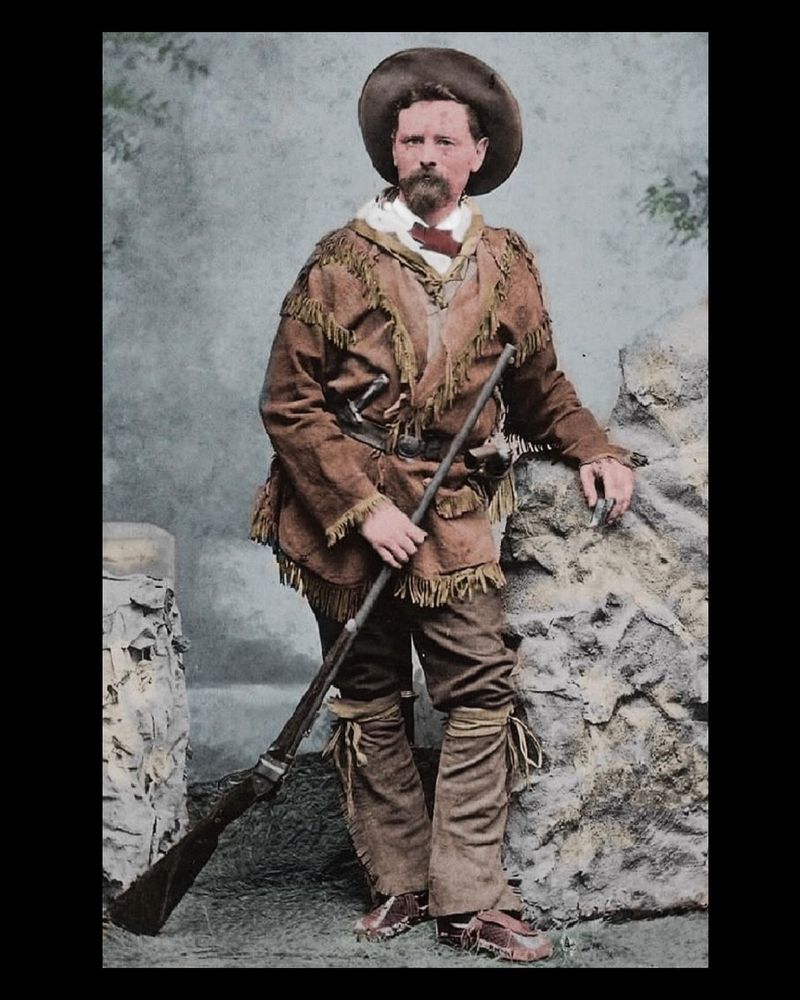
Greed was a luxury the frontier couldn’t afford. Whether hunting buffalo, claiming water rights, or harvesting timber, taking more than needed marked you as dangerous to communal survival.
Men who hoarded resources found themselves subtly excluded from the mutual aid network that sustained everyone through harsh winters and failed crops. The balance was delicate but understood.
This principle extended beyond natural resources to opportunities themselves. A man who monopolized the best grazing land or blocked others from mining claims violated an unwritten boundary that even the lawless respected.
7. The Campfire Circle Is Sacred
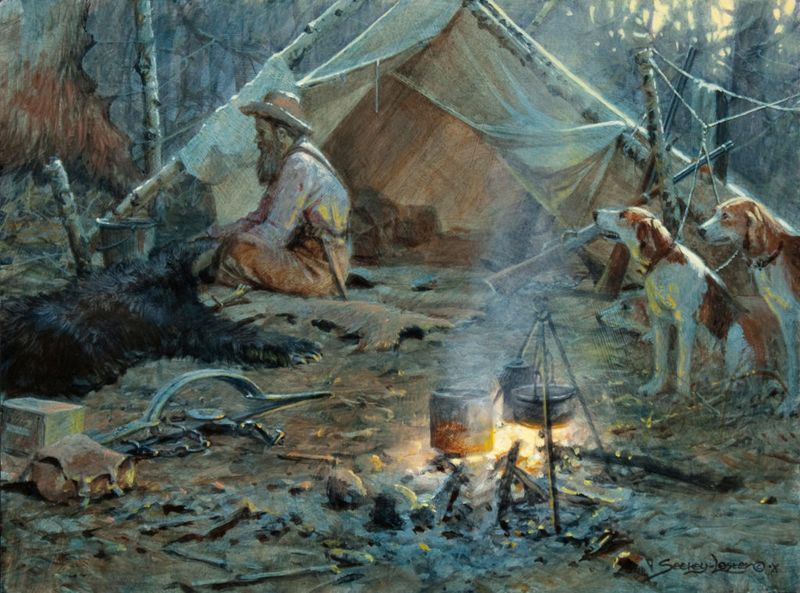
Flames flickering in the wilderness represented more than warmth—they defined boundaries of temporary home. Approaching another’s fire demanded protocol as rigid as any royal court’s.
Travelers would stop at a distance, announce themselves, and await invitation. Entering uninvited might earn you a bullet, justified by frontier standards. The fire’s glow created an invisible perimeter of safety and privacy.
Around these flames, men told stories they’d deny by daylight and revealed vulnerabilities the trail never saw. The campfire’s sanctity protected these moments, creating safe harbors in a sea of constant vigilance and danger.
8. Always Watch a Man’s Eyes, Not Just His Hands
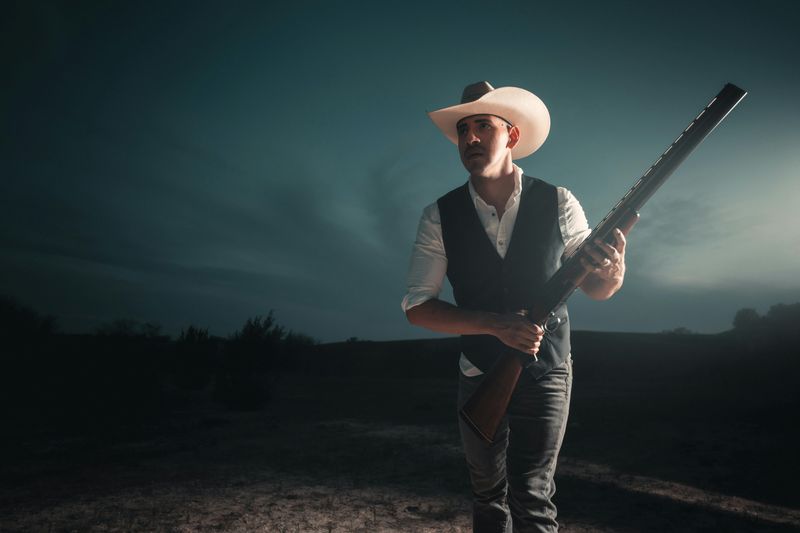
Frontier survival depended on reading intentions before actions manifested. A man’s hands might reach for a weapon, but his eyes telegraphed the decision seconds earlier.
Veterans of wilderness living developed almost supernatural awareness of micro-expressions. They noticed dilated pupils signaling fear, darting glances revealing planned escape routes, or the dead stillness preceding violence.
This vigilance wasn’t paranoia but practical wisdom passed between generations. Young men learned to maintain conversation while simultaneously tracking eye movements of everyone in a saloon or trading post, a skill that prevented countless conflicts before they began.
9. Ride for the Brand
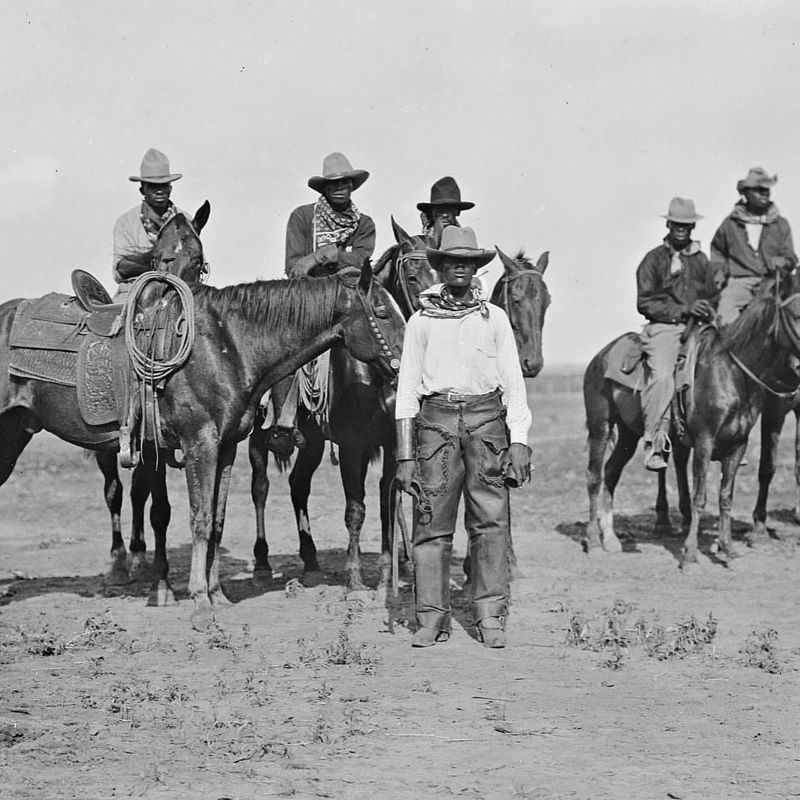
Loyalty wasn’t optional for ranch hands and outfit members—it was your identity. The brand you worked for became your family, flag, and future all wrapped into one burning symbol.
Men would face blizzards, rustlers, and rival ranchers without hesitation to protect their outfit’s cattle or reputation. This wasn’t blind obedience but a sacred contract.
The brand provided protection, community, and purpose in exchange for absolute fidelity. Those who betrayed their brand by stealing cattle or sharing secrets found themselves permanently marked as untrustworthy—a death sentence in territories where reputation determined whether you’d be helped or hindered.
10. Don’t Overhunt or Waste Game
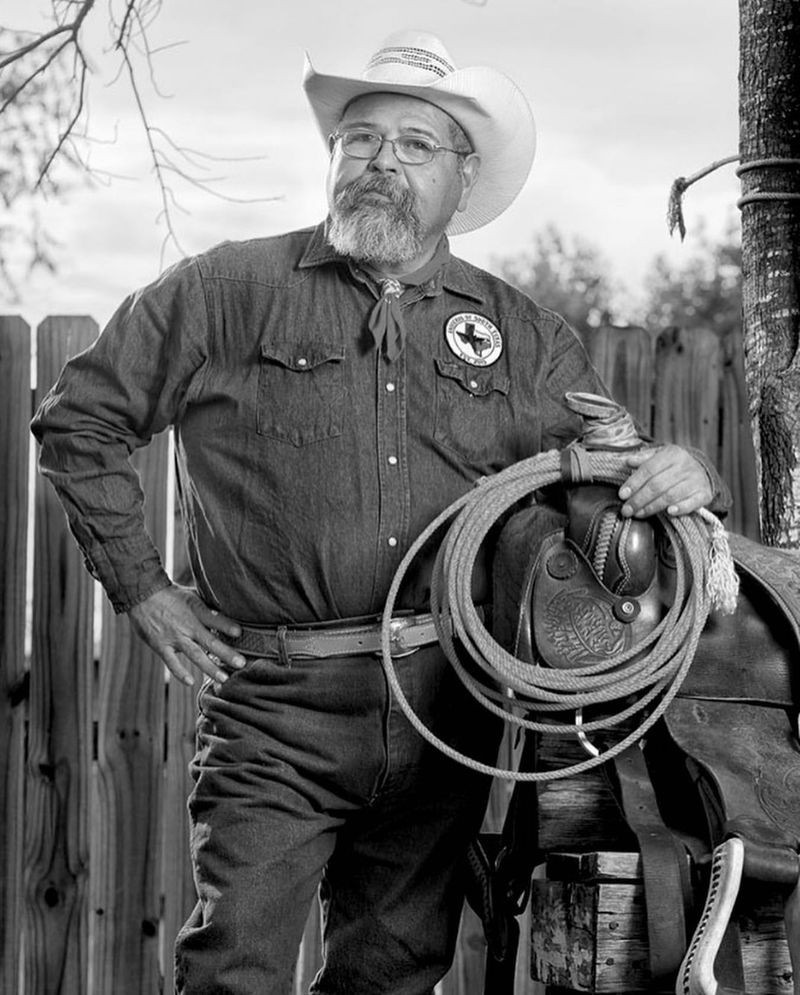
Long before conservation became policy, frontiersmen understood sustainability through hard experience. Witnessing once-abundant species vanish from overhunted territories taught brutal lessons about restraint.
Taking only what you needed and using every part of the animal wasn’t just respectful—it was practical foresight. Men who wasted meat or killed for sport alone found subtle resistance from indigenous guides and fellow hunters.
This principle revealed the frontiersman’s complex relationship with wilderness—simultaneously conquering and dependent upon it. Many recorded in journals their disgust at witnessing the recreational slaughter that came with railways and tourism.
11. Never Leave a Trail You Don’t Want Followed
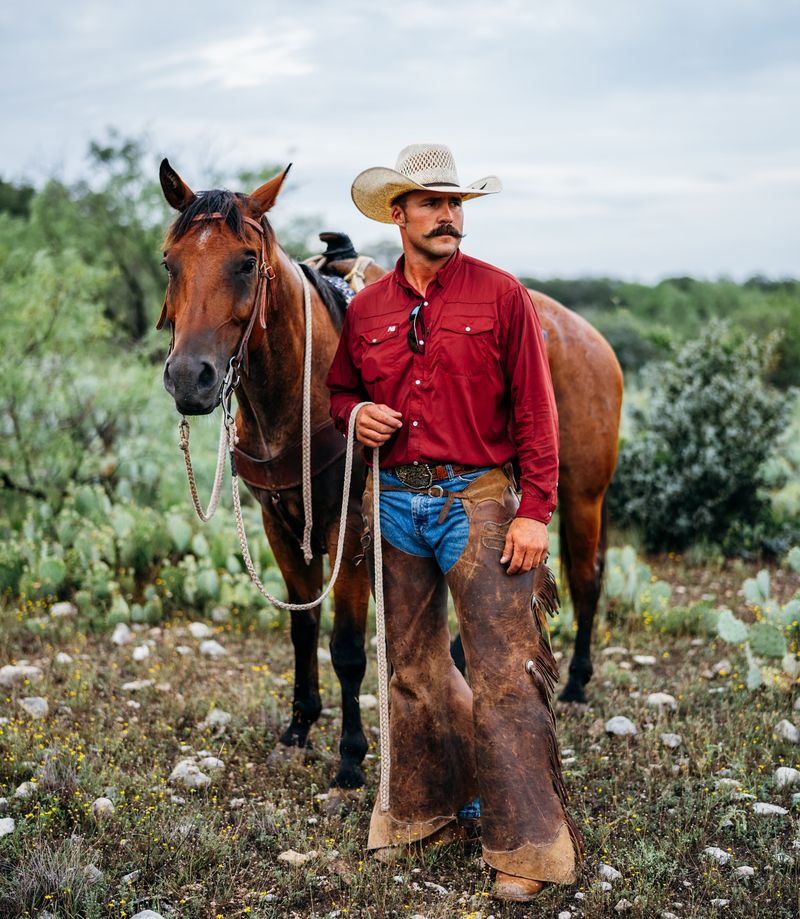
Frontier wisdom held that every action left evidence for those who knew how to read the land. Careless travelers who dropped personal items, left distinctive tracks, or failed to conceal campfires created breadcrumbs leading enemies straight to them.
Masters of wilderness travel developed habits bordering on paranoia—walking on rocks to avoid footprints, burning personal letters, and maintaining multiple routes to important locations. Nothing was accidental.
This principle extended beyond physical trails to information itself. Careful men measured every word spoken in towns, knowing gossip could create trails more dangerous than physical tracks.
12. Help a Stranger in Trouble—But Stay Wary
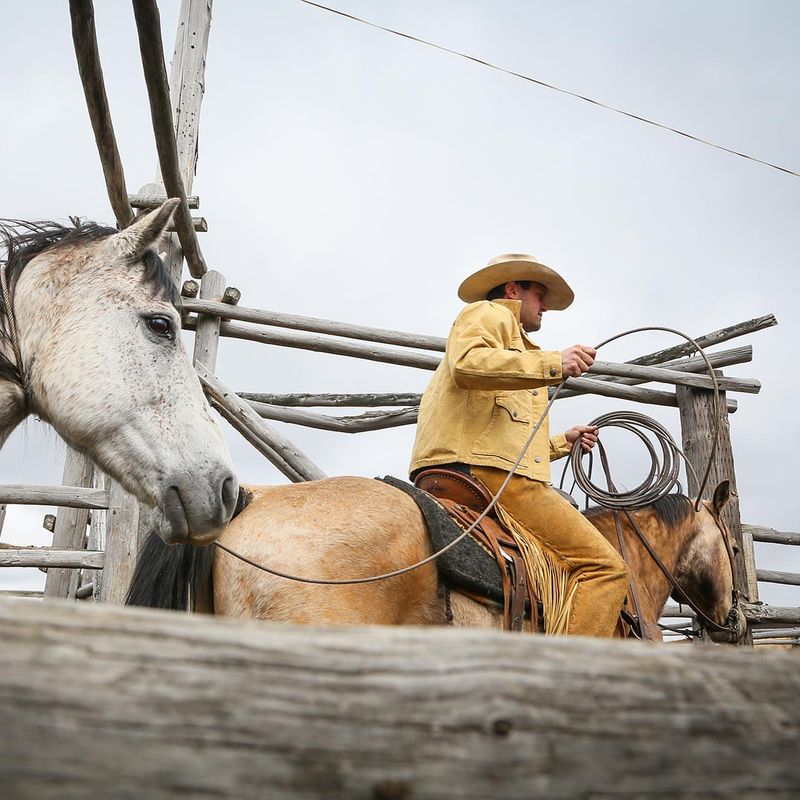
Compassion came with caution in frontier territories. Finding a man injured or stranded triggered conflicting imperatives: humanitarian duty alongside self-preservation instincts.
Experienced frontiersmen developed methods to offer aid while maintaining defensive positions—approaching from upwind, keeping weapons accessible, or sending one person while others watched from cover. Kindness never meant carelessness.
This balanced approach recognized both the moral obligation to help fellow travelers and the reality that not all distress was genuine. Many ambushes began with a seemingly injured traveler whose “rescuers” became victims.
13. Respect the Land You Ride On
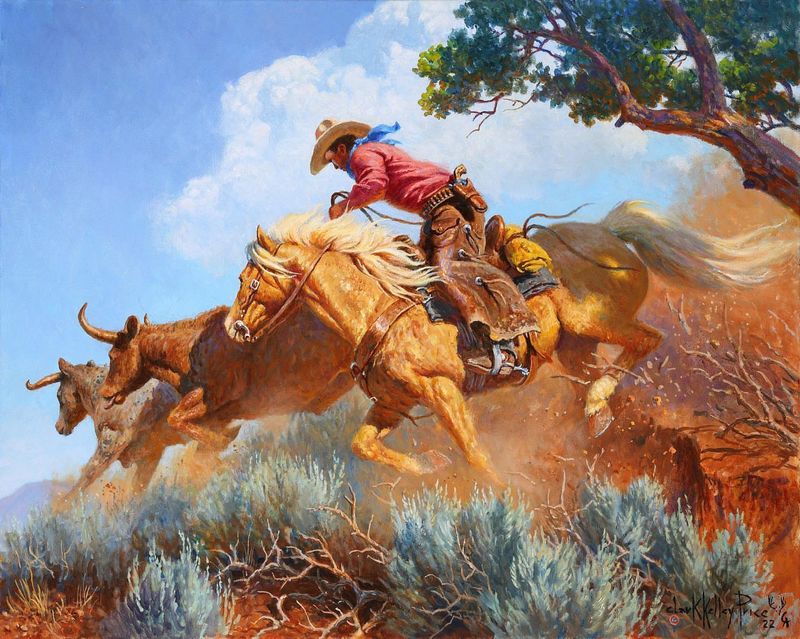
The frontier fostered a contradictory relationship with nature—simultaneously conquering and reverencing it. Men who carved homesteads from wilderness often became its fiercest defenders against careless exploitation.
Practical experience taught that fouled water sources, destroyed grazing lands, and reckless timber cutting created problems that outlasted any short-term gain. Frontiersmen developed their own environmental ethics long before formal conservation.
This respect manifested in small actions—building fires on stone to prevent wildfires, rotating grazing areas to prevent erosion, and maintaining clean camps. Those who violated these principles found themselves unwelcome in territories where environmental damage threatened everyone’s survival.
14. Help Your Neighbor—Even If You Don’t Like Him
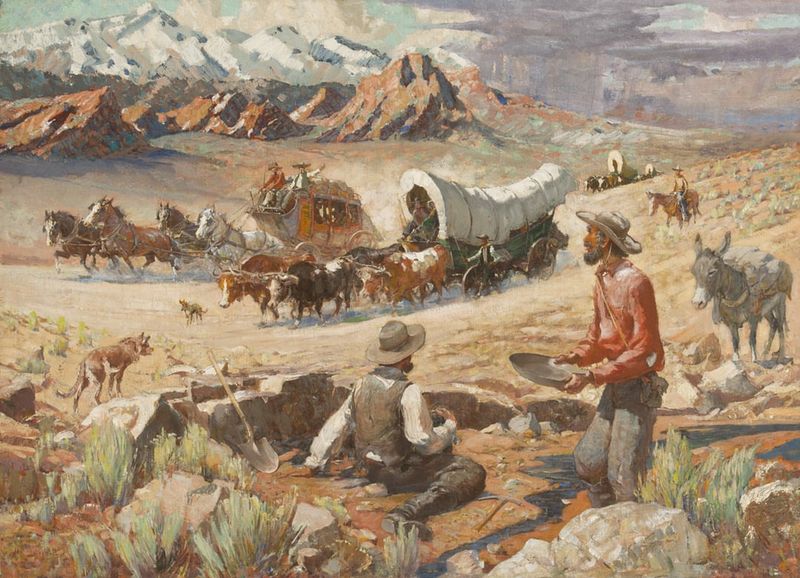
Personal feelings took backseat to survival pragmatism on the frontier. Men who argued bitterly over property lines or water rights would still ride through blizzards to help when that same neighbor’s barn caught fire.
This wasn’t sentimentality but clear-eyed recognition of interdependence. Today’s enemy might be tomorrow’s only hope when illness struck or crops failed.
Communities enforced this principle through collective memory—those who refused reasonable aid found themselves similarly refused when their own emergencies arose. The frontier’s harsh justice system operated through reputation and reciprocity, creating cooperation among even the most stubborn individualists.
15. Leave No Man Behind—Dead or Alive
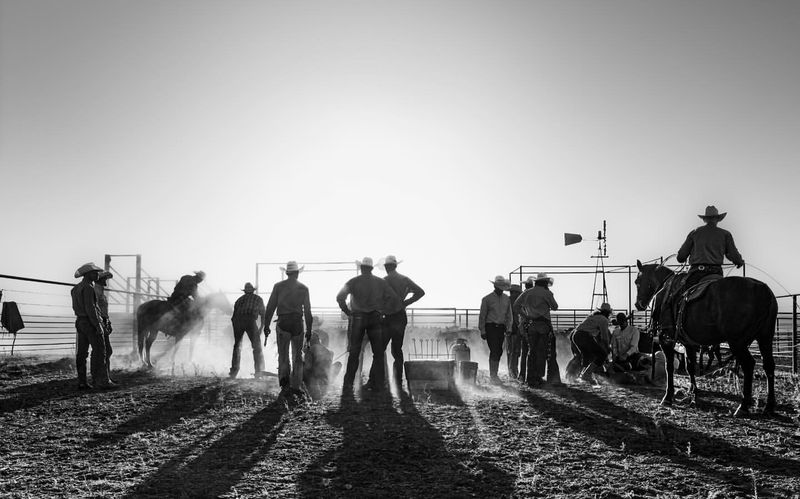
Nothing revealed frontier loyalty like the lengths men went to recover their fallen. Wagon trains would delay precious travel days to search for missing members, while cattle drives risked profits to wait for injured hands.
Retrieving bodies for proper burial wasn’t mere sentimentality but sacred obligation. Men would travel dangerous territory carrying decomposing remains rather than abandon them to scavengers or unmarked resting places.
This principle created the frontier’s most dramatic rescue stories—lone survivors traveling hundreds of miles to bring help back to stranded companions, or small groups fighting overwhelming odds to recover captured friends from hostile territory.

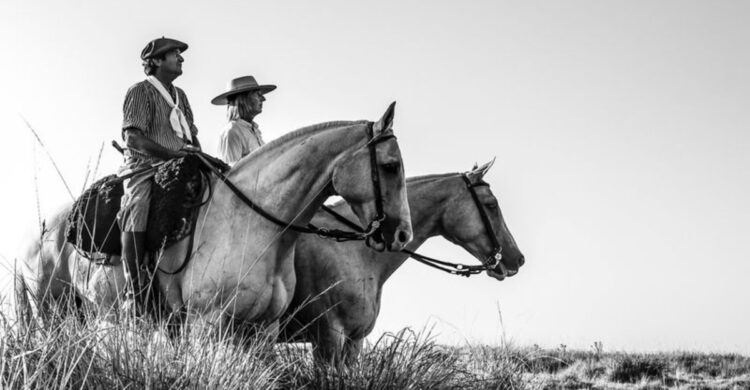
Comments
Loading…